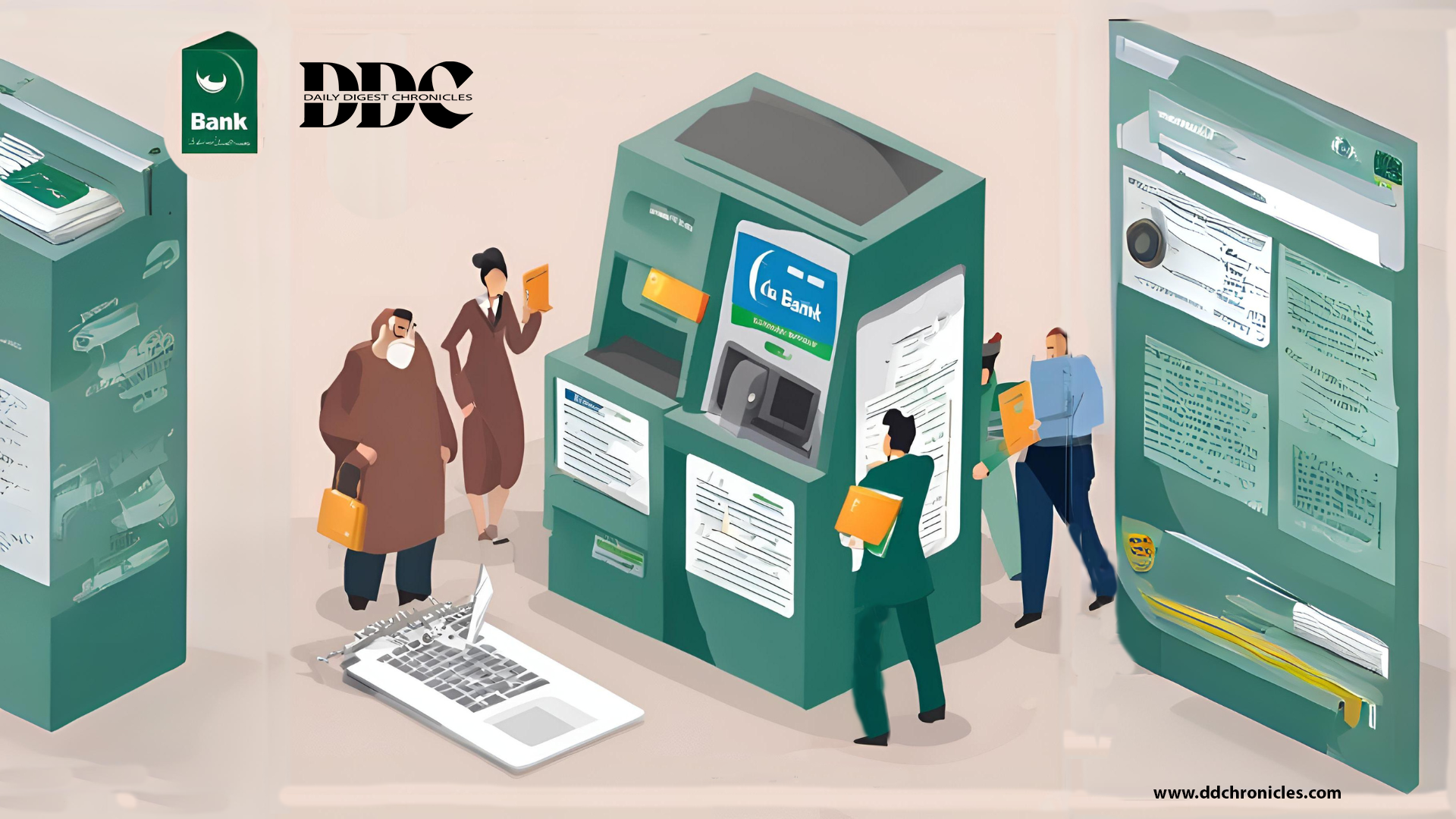What is Property Tax?
Property tax in Pakistan is a significant aspect of the country’s fiscal system. It encompasses various taxes levied on property ownership and transactions. In 2024, changes to the property tax system aim to increase transparency and efficiency. This article will provide an overview of the different types of property taxes in Pakistan and their implications for property owners.
Types of Property Taxes in Pakistan 2024
The property tax system in Pakistan includes various taxes. Each tax has its own set of rules and rates. Property owners must be aware of these taxes to comply with the law and manage their finances effectively.
- Capital Gain Tax
- Capital Value Tax
- Advance Tax or Withholding Tax
- Stamp Duty
Capital Gain Tax on Property in Pakistan 2024 – 2025
Capital Gain Tax (CGT) applies to the profit made from selling a property. In Pakistan, the CGT rate varies depending on the holding period and the type of property. For 2024-2025, the CGT rates are as follows:
| Type | Rate |
|---|---|
| For immovable property held for up to one year | The CGT rate is 15% |
| For property held for more than one year but up to two years | The CGT rate is 12.5% |
| For property held for more than two years but up to three years | The CGT rate is 10% |
| For property held for more than three years | No CGT is applicable |
These rates apply to both residential and commercial properties. Property owners should keep detailed records of their transactions to calculate the capital gains accurately.
Capital Gains Tax varies on the value of property too. These rates are applicable only if they exceed the following values:
| Gain | Rate |
|---|---|
| Gains up to 5 million PKR | 5% |
| More than 5 million and under 10 million PKR | 10% |
| More than 10 million and under 15 million PKR | 15% |
| Exceeding 15 million PKR | 20% |
This is deducted from the profit made from the property and not the investment amount.
Features
- It applies to property, stocks, and other assets which are sold for profit.
- If the property is sold at a loss, the loss can be used to reduce overall CGT.
- It is important to note that the 4% Pakistan super tax for the fiscal year 2024 has been extended.
Capital Value Tax (CVT) on Property in Pakistan 2024 – 2025
Capital Value Tax (CVT) is another important tax on property in Pakistan. CVT is levied on the transfer of immovable property. In 2024, the CVT rates are as follows:
| Type | Rate |
|---|---|
| For residential properties | The CVT rate is 2% of the property’s value |
| For commercial properties | The CVT rate is 2% of the property’s value |
It is typically the responsibility of the property buyer to pay this tax. CVT is based on the property’s declared value or fair market value, whichever is higher, and is usually collected at the time of property transfer. CVT serves as a source of revenue for provincial governments.
Advance Tax or Withholding Tax on Property in Pakistan 2024 – 2025
Advance Tax, also known as Withholding Tax, applies to property transactions in Pakistan. This tax is collected at the time of property purchase and is adjustable against the buyer’s tax liability. It is applicable if the value of the property is above 4 million. The rates for Advance Tax in 2024-2025 are as follows:
| Type | Rate |
|---|---|
| For filers | The Advance Tax rate is 1% of the property’s value |
| For non-filers | The Advance Tax rate is 2% of the property’s value |
Filers are individuals who have submitted their tax returns and are registered with the tax authorities. Non-filers face higher tax rates, encouraging them to comply with tax regulations.
Stamp Duty 2024 – 2025
Stamp Duty is a tax on legal documents, including property deeds. In Pakistan, the Stamp Duty rate varies by province. In 2024-2025, the rates are as follows:
| Province | Rate |
|---|---|
| Punjab | 3% |
| Sindh | 3% |
| KPK | 3% |
| Balochistan | 3% |
| Islamabad Capital Territory | 2% |
The buyer typically pays Stamp Duty during the transfer of property. It is essential for ensuring the legality of the transaction. Reference

Property Tax for Non-Filers in Pakistan 2024 – 2025
Non-filers in Pakistan face higher tax rates when dealing with property transactions. This approach encourages more people to register as taxpayers and comply with the law. Non-filers may pay up to twice the tax rates of filers on property purchases.
Non-filers may also need help in obtaining loans and other financial services. Banks and financial institutions often require proof of tax compliance before approving loans. This can limit opportunities for non-filers in the real estate market.
How to Calculate Property Tax?
Property tax can be easily calculated from the excise website. The process is straightforward and involves a few key steps:
- Step 1: Visit the Excise and Taxation Website
- Step 2: Navigate to the Property Tax Section
- Step 3: Enter Property Details
- Step 4: Calculate the Tax
Excise Authority in Each Province
Punjab
- Authority: Excise, Taxation, and Narcotics Control Department, Punjab
- Website: Excise and Taxation Punjab
Sindh
- Authority: Excise, Taxation, and Narcotics Control Department, Sindh
- Website: Excise and Taxation Sindh
Khyber Pakhtunkhwa
- Authority: Excise, Taxation, and Narcotics Control Department, Khyber Pakhtunkhwa
- Website: Excise and Taxation Khyber Pakhtunkhwa
Balochistan
- Authority: Excise, Taxation, and Narcotics Control Department, Balochistan
- Website: Excise and Taxation Balochistan
Islamabad Capital Territory (ICT)
- Authority: Islamabad Capital Territory Administration
- Website: Islamabad Capital Territory Administration
Related Posts

Pingback: Corporate Tax Rates in Pakistan – DDC